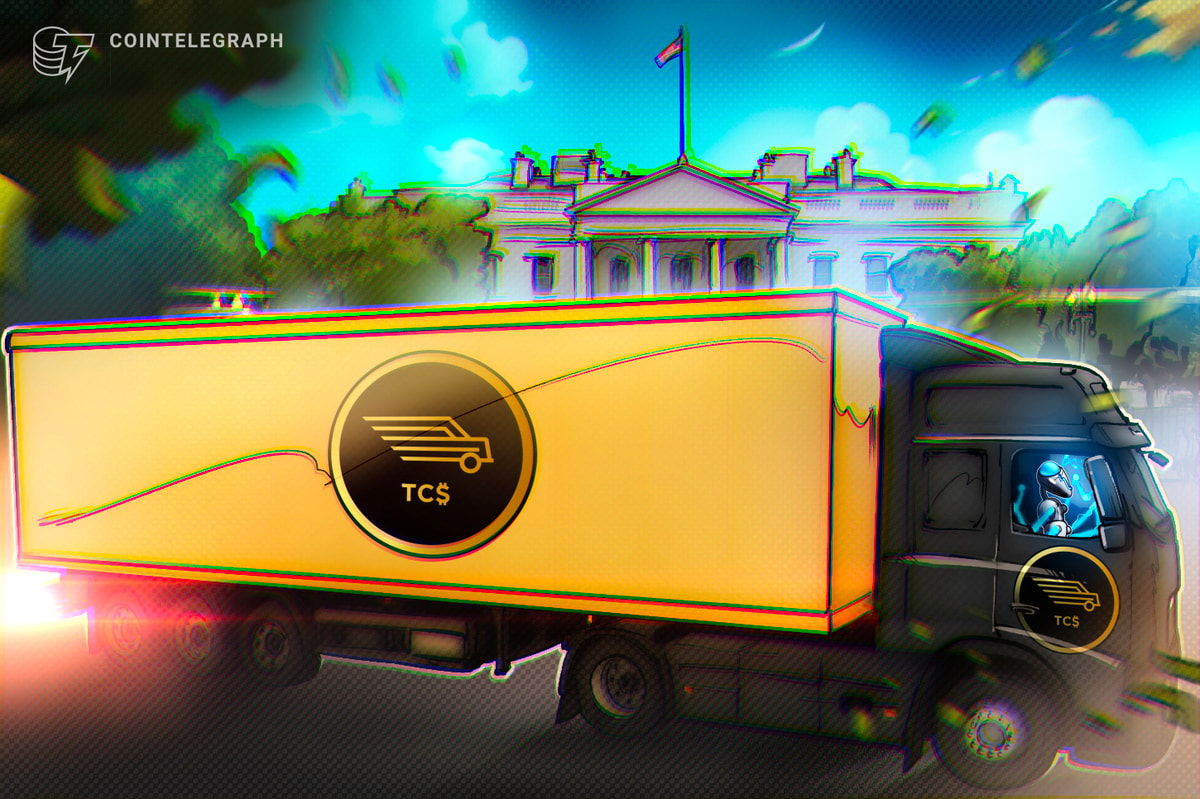
Natixis, Trafigura Trading and IBM announced that they have partnered up to deliver the first-ever blockchain-based commodity trade finance platform for the U.S. crude oil market. The new platform will allow crude oil transactions to be digitized to ensure more transparency and efficiency as well as improved security in the trade finance process.
The new platform is built on the Linux Foundation’s Hyperledger Fabric blockchain and will allow all stakeholders in a crude oil transaction to view and share data on the status of the transaction throughout its entire process.
By using the new distributed ledger platform, crude oil trade finance industry participants will benefit from improved efficiency through lower overhead costs and few intermediaries, a reduction in cash cycle times, increased transaction transparency to reduce the potential of fraud or tampering with documents, and the ability to audit the entire transaction process through the use of shared processes and record-keeping.
“We have chosen the Hyperledger Fabric but we have put on top of it our own platform/application with our industry-specific purpose (with IBM and Natixis developers),” Arnaud Stevens, Natixis’s New York Head of Global Energy & Commodities, told Bitcoin Magazine. “This prototype has been built in a robust technology environment providing security, confidentiality, auditability, reliability and scalability. And Natixis continues to test and to work on the different distributed ledger technologies (Corda, Ethereum, in addition to Hyperledger Fabric) with its own projects and with other banks (R3).”
Up until now, commodity trade finance transactions have relied heavily on paper documentation, which often leads to delays and human errors and opens up the potential of fraud and lost documentation. By digitizing all involved documents, including trade documents, shipment updates and delivery and payment status, and enabling them to be stored in a shared ledger, every trade transaction can be executed in a much more efficient and transparent manner.
The new distributed ledger platform used by the French bank Natixis and the commodity trading company Trafigura is hosted on IBM’s Bluemix cloud platform, which was delivered by IBM France.
In the future, the platform will be expanded to enable all stakeholders in a crude oil trade finance transaction to enter data directly onto the distributed ledger, which will provide real-time status updates to all transaction participants to ensure that the transaction is processing smoothly and without the risk of fraud.
Furthermore, the new trade finance platform has been designed for large-scale adoption by the entire industry via a shared permissioned ledger that all trading partners have access to.
“Together with Natixis and IBM, we have analyzed the workflow of crude oil transactions in the U.S., detailing the different steps of a transaction, our interactions with the financial institutions and the documents exchanged among the various parties,” said Rodney Malcolm, CFO of Trafigura Trading North America. “The goal is to replace paper-heavy manual processes with blockchain-based workflows to improve transparency and data sharing. With the distributed ledger technology, all transaction participants in the network are updated simultaneously with a record that cannot be altered or tampered with.”
Furthermore, Malcolm told Bitcoin Magazine that Trafigura was brought into the project as Natixis and IBM were already in the process of developing a blockchain solution for the oil trade and were looking for a leader in the U.S. oil trading business to be a participant in the concept trial.
Stevens suggested that it may be at least another year before the technology is ready to go into production mode.
“We had begun to discuss the use of blockchain [technology] with Trafigura’s peers in the U.S. as well as other commodity banks, and we see a clear interest in testing the technology,” he told Bitcoin Magazine. “We would like to get into production mode as soon as possible, but it will not be before 2018. The industry is looking for significant advancements in efficiency, transparency and security. Adoption of blockchain technology could enable faster, permissioned, immutable, transparent and auditable business-to-business interactions between companies and their business partners in the energy and commodity industry.”
He added, “Blockchain [technology] is a team sport; it’s about operating a business network, and we would like to invite the key players in the commodity trading space in the U.S. to join this initiative to create an industry-specific platform. We recognize that we can’t build everything ourselves and that’s why we are open to collaborating with like-minded partners.”










